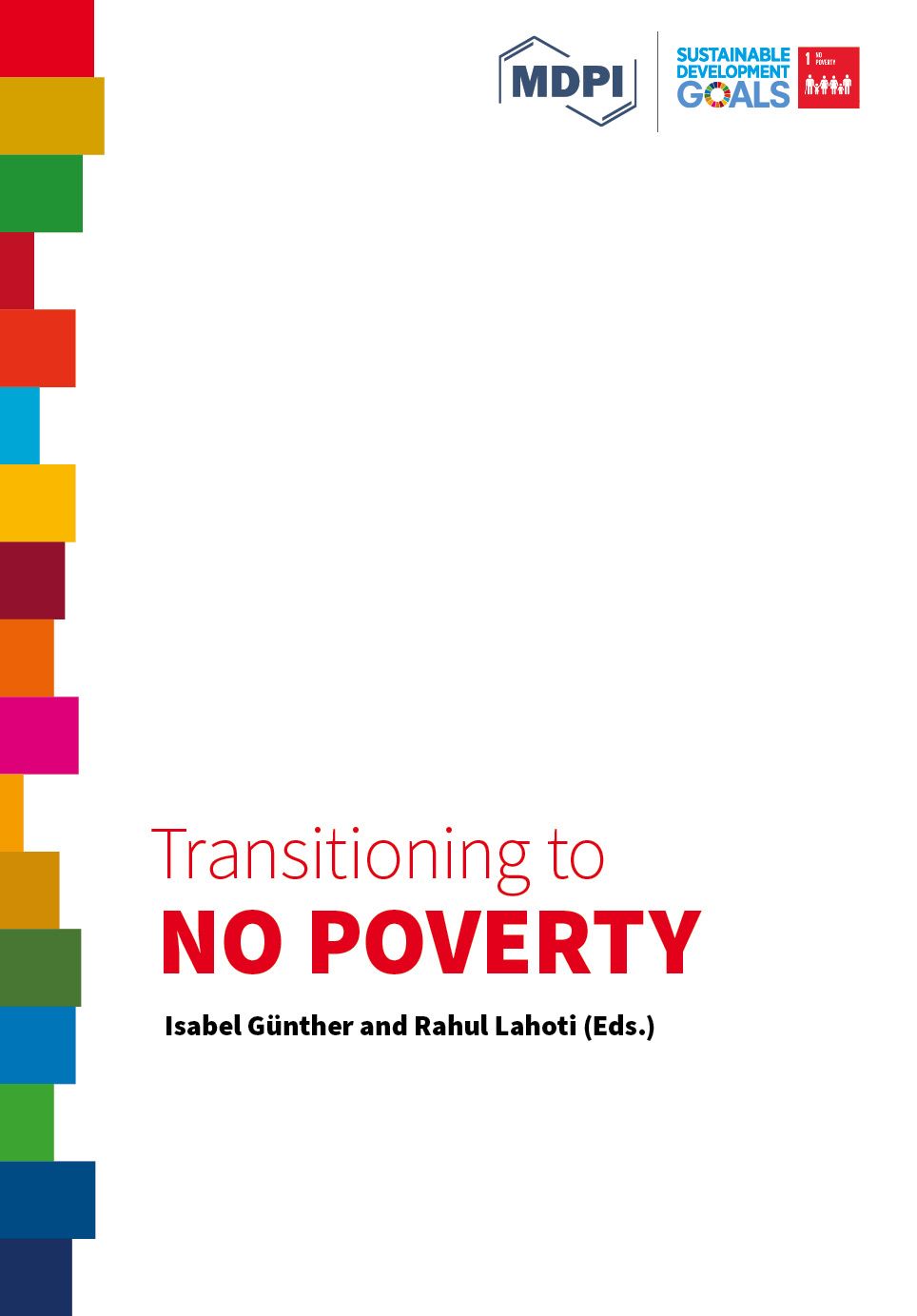SDG 1 and Women's Work: Ignoring the Needs of Women and History—The Case of Sri Lanka
page 159-177
Abstract
Our paper evaluates SDG1 with regard to labour reforms in Sri Lanka, by seeking to understand how women workers in the garment sector may be affected by proposed changes to the laws. Our paper is based on a decade of fieldwork, supplemented by interviews and recent archival work. We first give an account of Sri Lanka’s recent history. It offers a necessary context, given that politics and legacies from the ethnic conflict continue to mar current efforts. Critically, it is found that ethnic divisions continue to create tensions, and that these have often been exacerbated by labour conditions. Through investigating the place of women workers in Sri Lanka’s apparel sector, including the North and the East of Sri Lanka, we show that labour insecurity remains, and discrimination is rife. Importantly, Sri Lanka has thus far failed to position women’s experiences accurately in SDG1 by failing to consider its linkages to SDG5, SDG8 or SDG10. The current inability of policies to alleviate the position of women workers in relation to SDG1 places added importance to recent labour policy reform, which tends to be neglected because of an emphasis on creating pro-market friendly labour conditions.
